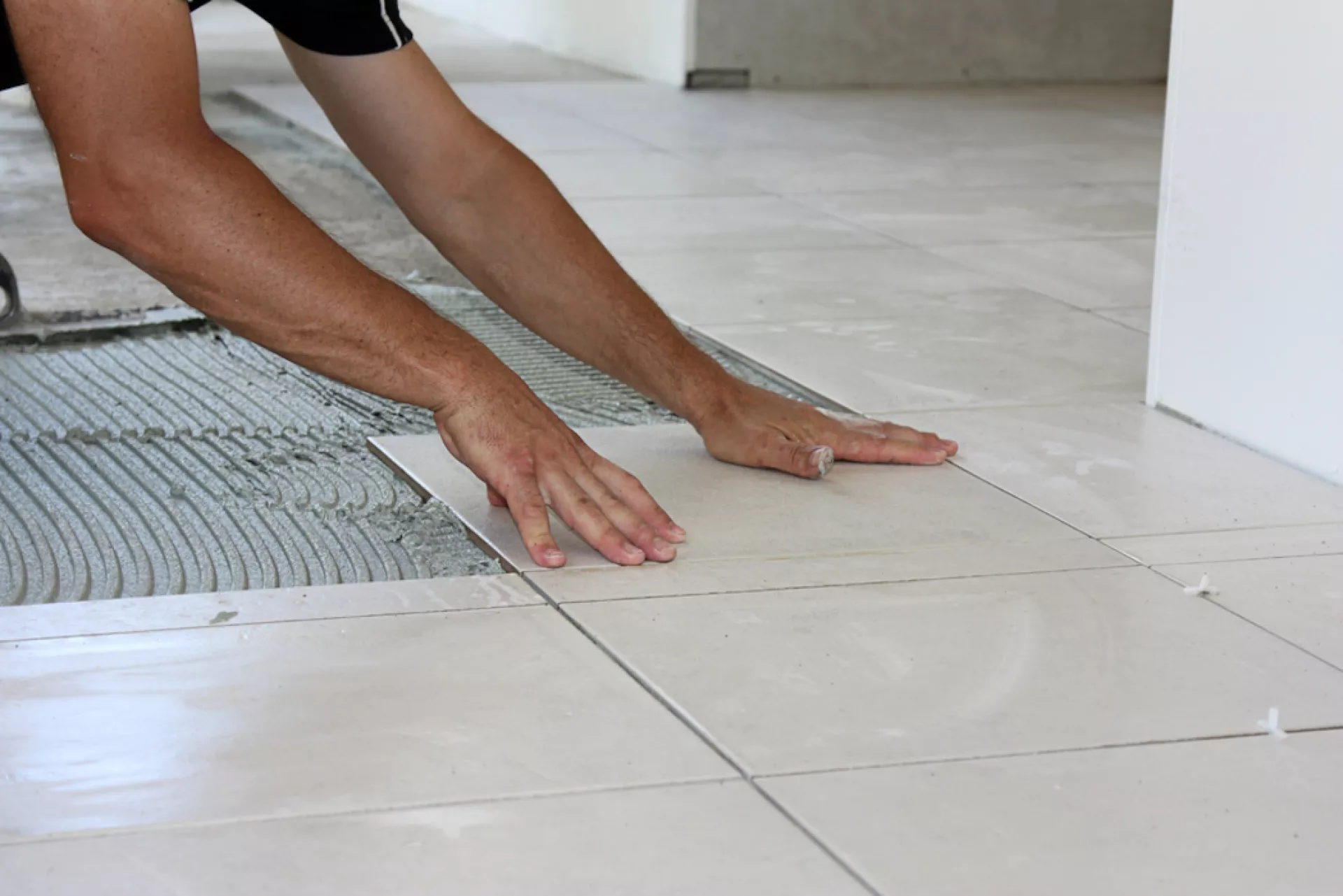A total of 26 apprentices were registered for the examination for tilers in Bavaria, only five of them passed the exam - one of them is Vendulin M.
Originally from Kosovo, Vendulin lived with his parents in Germany for several years as a child. When they went back to Kosovo a little more than 20 years ago, it was clear to him that he would like to return to Germany one day.
Zitat:Team: What was your motivation to come back to Germany? How did you realize your plans?
Vendulin M: In Kosovo everything is a bit more stressful than in Germany, you never really have a break. I worked from Monday to Sunday. Here in Germany, everything is a bit calmer, the mentality is different. Everything is a bit more in order. That's why I wanted to return.At first, I tried to come to Germany with a work visa and sent out many applications. However, it takes a long time to get an appointment at the embassy (editor's note: for a visa according to §26.2 BeschV). When I finally got my appointment, my application was rejected. After that I sought help and contacted the ZAV. My counsellor was very helpful and suggested that I could start a training in Germany. Together we then searched for a suitable position for a vocational training.
Team: What was your biggest difficulty in finding a vocational training?
Vendulin M: The most difficult thing was convincing the employers. As I applied from abroad, many didn't know what to do. Many also wanted photos and videos of my work because I had already gained professional experience as a tiler back home in Kosovo.
Overall, it definitely helped that I already had such a good knowledge of German. I also noticed that during the training itself and at school. A lot of things were not easy, despite my German skills. Language skills really are the be-all and end-all, especially for the exams.
Team: How did ZAV help you with these difficulties you encountered?
Vendulin M: My counsellor helped me to find suitable trainings and to prepare for the interviews. This way I was able to make a good impression. She also talked to the employers and explained the process, which also helped a lot as this was a big issue before.
Team: From your experience, what advice would you give to others interested in doing a training in Germany?
Vendulin M: It is definitely very important to learn German really well. You not only need it at school and at work, but also to communicate. Language connects people. You also need German to make friends and talk to colleagues. You should be openminded, go out and talk to people, so you can make friends quickly.
When you start a vocational training, you should be sure that it is the right thing for you. You have to find out if the profession is right for you. Many people I know have dropped out of the training because it wasn't right for them and then they had nothing at first.
Team: You have been back in Germany for more than three years now, how do you like it? Would you like to stay here for good?
Vendulin M: I like it very much. Honestly, I arrived here and felt at home right away. The landscape here in Bavaria, with the nature and the farms, is similar to Kosovo. Besides, my brother lives in Austria, which is not that far, and I have relatives in the Rhineland whom I visit regularly.
If I can, I would like to continue my education in my field and maybe take the next steps as well. However, at the moment, I am very happy with my job. My employer has taken me on after my training and I can continue to work there, which is great.
Team: Thank you very much for taking the time to talk to us. We wish you all the best for the future.
NB: We used the expression “vocational training” here to talk about an Ausbildung in Germany, in many resources you will find “apprenticeship” is being used instead. Both are used to describe the same thing.
In Germany a vocational training or apprenticeship is usually a dual system, where you go to a special school to gain theoretical knowledge and also work in a company to gain practical knowledge and experience. However, there are also some trainings which are only done at a school. More information about the differences you can find here.
